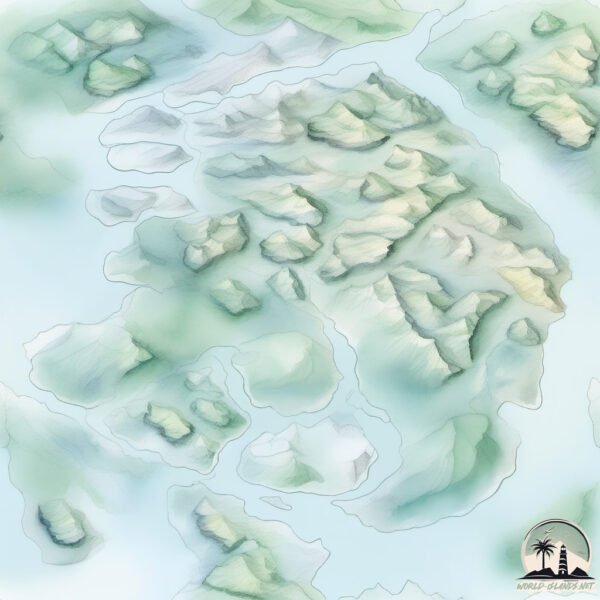Revillagigedo

Welcome to Revillagigedo, a Continental island in the The Coastal Waters of Southeast Alaska and British Columbia, part of the majestic Pacific Ocean. This guide offers a comprehensive overview of what makes Revillagigedo unique – from its geography and climate to its population, infrastructure, and beyond. Dive into the details:
- Geography and Size: Explore the island’s size and location.
- Climate and Weather: Weather patterns and temperature.
- Topography and Nature: Uncover the natural wonders of the island.
- Infrastructure and Travelling: Insights on reaching, staying, and making the most of your visit.
- News and Headlines: Latest News.
Geography and size of Revillagigedo
Size: 2929 km²
Coastline: 1031 km
Ocean: Pacific Ocean
Sea: The Coastal Waters of Southeast Alaska and British Columbia
Continent: North America
Revillagigedo is a Very Large Island spanning 2929 km² with a coastline of 1031 km.
Archipel: Alexander Archipelago – A group of about 1,100 islands off the southeast coast of Alaska, USA, known for their temperate rainforests and indigenous Tlingit culture.
Tectonic Plate: North America – Covers North America and parts of the Atlantic and Arctic Oceans, characterized by diverse geological features and varying levels of seismic activity.
The geographic heart of the island is pinpointed at these coordinates:
Latitude: 55.58874584 / Longitude: -131.34200766
Climate and weather of Revillagigedo
Climate Zone: Continental
Climate Details: Warm-Summer Humid Continental Climate
Temperature: Warm Summer
Climate Characteristics: Features warm summers and cold winters with consistent precipitation, common in higher latitudes.
Topography and nature of Revillagigedo
Timezone: UTC-09:00
Timezone places: America/Anchorage
Max. Elevation: 1292 m
Mean Elevation: 350 m
Vegetation: Evergreen Needleleaf Forest
Tree Coverage: 57%
The mean elevation is 350 m. The highest elevation on the island reaches approximately 1292 meters above sea level. The island is characterized by Mountains: High, steeply elevated landforms. Characterized by both a high maximum elevation (over 500 meters) and a high mean elevation, creating rugged, mountainous terrains on islands.
Dominating Vegetation: Evergreen Needleleaf Forest
Dominated by evergreen coniferous trees such as pines and firs, which retain their needle-like leaves throughout the year. These forests are often found in cooler climates. Revillagigedo has a tree cover of 57 %.
Vegetation: 11 vegetation zones – Exceptionally Diverse Island
Islands with more than ten vegetation zones are among the most ecologically rich and varied in the world. These islands are akin to miniature continents, boasting an incredible array of ecosystems. The sheer range of habitats, from high peaks to deep valleys, rainforests to deserts, creates a mosaic of life that is unparalleled. They are crucial for conservation and ecological studies.
Infrastructure and Travelling to Revillagigedo
Does the island have a public airport? yes.
Revillagigedo has a public and scheduled airport. The following airports are located on this island: Ketchikan Harbor Seaplane Base.
Does the island have a major port? yes.
Revillagigedo is home to a major port. The following ports are situated on the island: KNUDSON COVE.
The mean population of Revillagigedo is 4 per km². Revillagigedo is Gently Populated. The island belongs to United States of America.
Continuing your journey, Bell is the next notable island, situated merely km away.
Sea Shepherd Scientific Expeditions - Revillagigedo



United States of America is classified as Developed region: G7: Group of Seven – Major advanced economies, including Canada, France, Germany, Italy, Japan, the United Kingdom, and the United States. The level of income is High income: OECD.
News – Latest Updates and Headlines from Revillagigedo
Stay informed with the most recent news and important headlines from Revillagigedo. Here’s a roundup of the latest developments.
Social Media Posts about Revillagigedo
Please note: The data used here has been primarily extracted from satellite readings. Deviations from exact values may occur, particularly regarding the height of elevations and population density. Land area and coastline measurements refer to average values at mean high tide.
